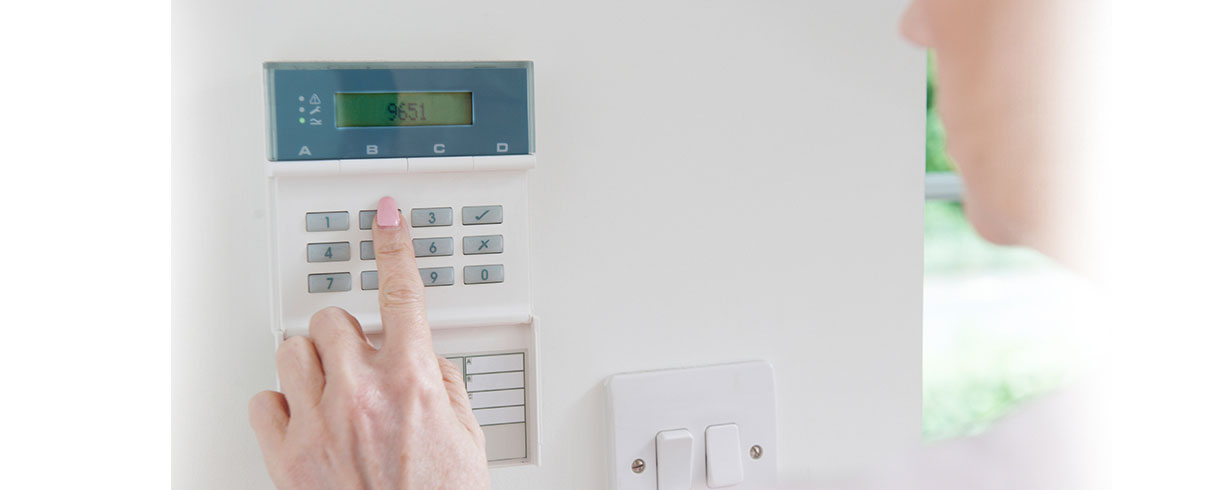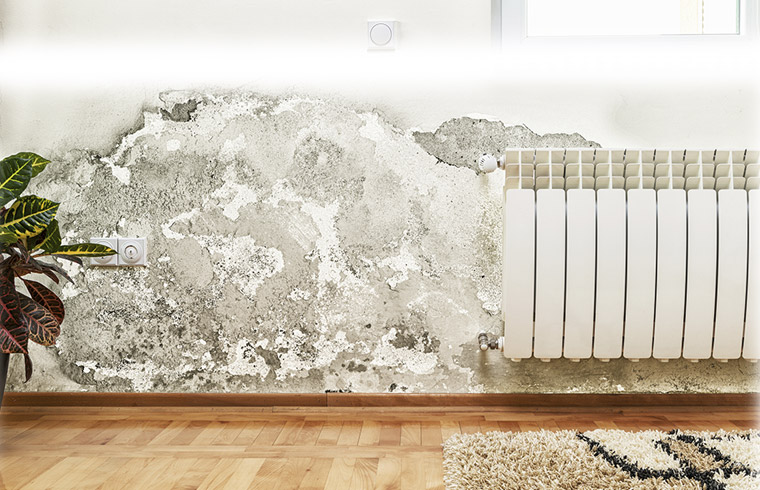When we think of burglars, we imagine them wearing masks and breaking into homes under the cover of darkness, maybe even while someone is sleeping peacefully inside. But the reality in Quebec is quite different from that image. In fact, 65% of break-ins happen in the morning or afternoon!
When we think of burglars, we imagine them wearing masks and breaking into homes under the cover of darkness, maybe even while someone is sleeping peacefully inside. But the reality in Quebec is quite different from that image. In fact, 65% of break-ins happen in the morning or afternoon!
Nighttime burglaries account for only 14% of cases. Nevertheless, that doesn’t mean you can be careless about protecting yourself at night. Don’t forget that most breaking and entering offences occur because the burglar saw an opportunity. In other words, the thief is simply taking advantage of your negligence.
Here are some tips to help you prevent break-ins.
Outside
- Your home must be visible. Make sure you can see the front door and windows clearly from your yard.
- Trim trees and shrubs so they can’t be used as hiding places for intruders. Prune tree branches to 1 m (3 ft.) above ground.
- Don’t leave objects in the yard or on the patio. Store barbecues, bikes, lawn mowers, snowblowers and ladders out of sight in a locked garden shed.
- Don’t leave anything outside that could be used to break into your home, such as tools or a ladder.
- Clear areas around basement windows and keep them locked.
- Avoid leaving a spare key outside especially under doormats, flowerpots or above a door. Burglars know where to look for hidden keys. Never put a note on the door saying you’re not home.
- Install a lighting system. In the evening, you should be able to see your driveway when you’re in the house. Consider mounting spotlights on the gable or under the eaves to illuminate every dark place and aim these lights downward so as not to create shadows, and keep them from shining directly into adjacent homes.
- Mount spotlights with motion-sensors at the corners of the house: these are very practical for seeing approaching visitors and deterring would-be criminals.
- Protect exterior light bulbs so they’re difficult for intruders to disable.
Inside
- Your doors must be fitted with secure locks. Keep your doors locked even when you’re inside your home.
- Avoid keeping valuables or large amounts of cash at home: it’s preferable to use a safety deposit box in a financial institution. If you must keep valuables at home, keep them in a fireproof safe or strongbox.
- Lock all doors and windows before leaving, even for a few minutes. At night, leave a radio or TV on to make it look like there’s someone at home. If you’ll be away for a longer period, ask someone you trust to collect your mail, mow the lawn or shovel the driveway to give the home the appearance of being occupied.
- If someone knocks on your door, don’t open before you know who it is. Don’t let anyone in if you’re unsure who they are: if they insist, call the police.
- Answer all telephone calls to avoid giving a thief the impression there’s nobody at home.
Of course, if you have an alarm system, use it. However, remember that an alarm system – of any kind – is no replacement for the basic security measures described here.



























